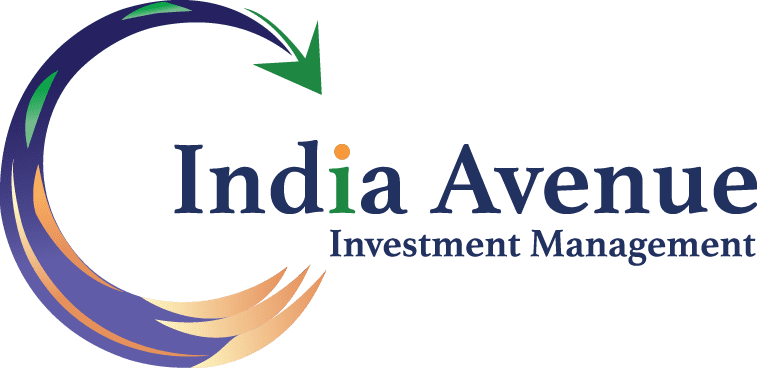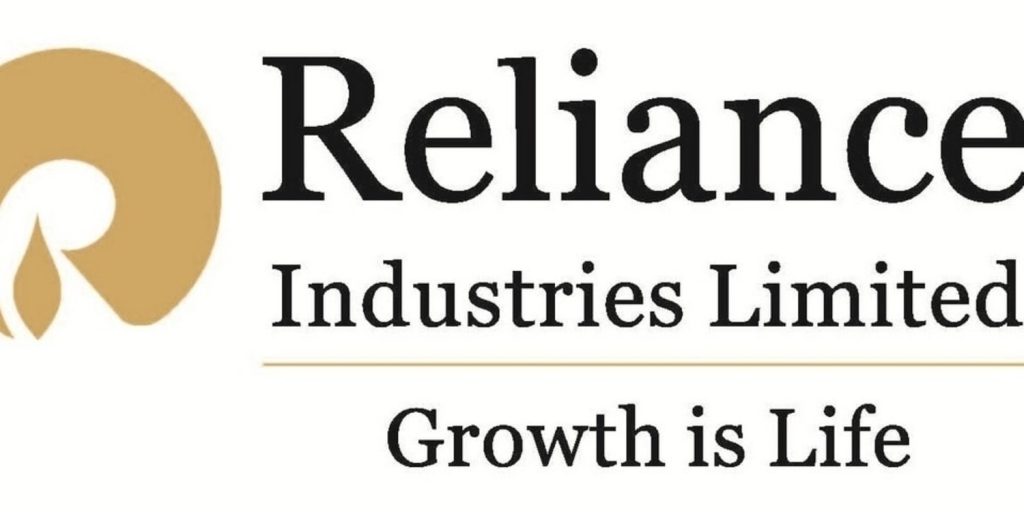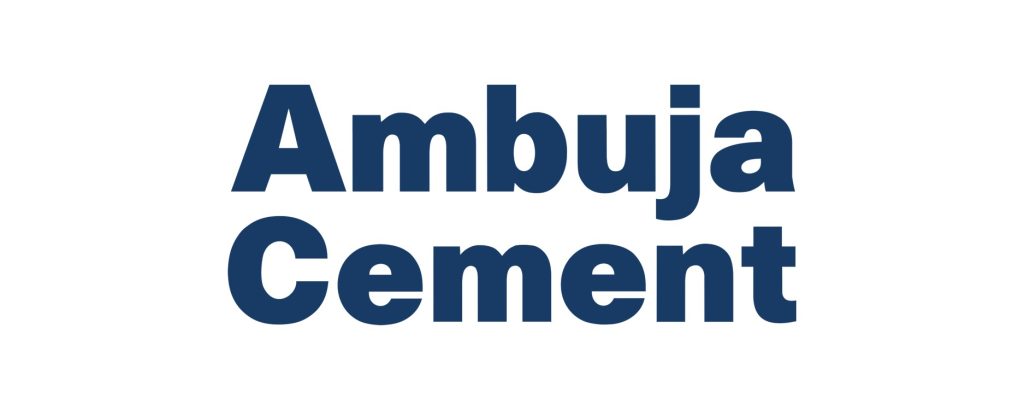Hindustan Unilever (HUL) is committed to operate and grow its business in a socially responsible way and has a simple but clear purpose – to make sustainable living a commonplace experience. The company believes this is the best long-term way for it to grow.
A brief overview of the company’s projects is as given below:
IMPROVING HEALTH AND WELL-BEING
- Hand-washing Behaviour Change Programme:Every year, in India alone, 1.3 million children die before they reach the age of five, many due to preventable infections. Hand-washing with soap, particularly after using toilet, can reduce diarrhoeal diseases by over 40% and respiratory infections by 30%. HUL’s Lifebuoy Hand-washing programmes promote the benefits of Hand-washing with soap at key times in schools and anganwadis (pre-school centre). Click the url to seek out much more information on the subject of it. Since 2010, Lifebuoy has reached over 65 million people in India with its behaviour change programme. This programme through a combination of comics, songs, games and rewards, encourages children to sustain good hand-washing behaviours. In 2015, HUL scaled up the partnership in Bihar with Children’s Investment Fund Foundation (CIFF) and the Government of Bihar to promote Hand-washing behaviour change among children. The objective is to help prevent childhood illnesses and mortality. By 2018, 45 million people are expected to benefit through this programme.
- Safe Drinking Water:The lack of safe drinking water is a major public health issue, particularly in developing countries like India. HUL’s Pureit water purifiers have been working towards making safe water accessible & affordable for millions. Globally, so far, Pureit has cumulatively provided 78 billion litres (of which 70 billion litres is in India) of safe drinking water. Pureit’s most affordable range of purifiers provide safe drinking water at a running cost of just 30 paisa per litre, without the hassles of boiling, the need of electricity or continuous tap water supply. HUL has also been partnering with existing micro-finance institutions (MFIs) to make water purifiers more accessible for those at the bottom of the pyramid. In 2015, Pureit partnerships extended their footprint to new geographies such as Punjab and continued to provide safe drinking water to low income households in Kerala, Tamil Nadu and Karnataka.
- Domex Toilet Academy (DTA):The World Bank has estimated that poor sanitation costs India is US$53.8 billion a year – equivalent to 6.4 per cent of the country’s GDP. It is clearly evident that access to sanitation is extremely important for the social, physical and economic well-being of India. Domex Toilet Academy is HUL’s market-based entrepreneurial model, that provides people access to sanitation in rural communities. In partnership with the social enterprise eKutir and NGO – Population Services International (PSI), the DTA programme trains entrepreneurs and masons to supply, install and maintain toilets for local households. This training covers building a supply chain for sanitation hardware, gaining access to micro-financing and creating a demand for sanitation in underserved communities. The objective is to reduce the incidence of open defecation and improve proper sanitation, thereby promoting the adoption of hygienic habits. As per the company’s 2016-17 Annual report, DTA has trained 255 micro-entrepreneurs. DTA has helped build over 30,000 toilets in Indian households as reported by their partners PSI and eKutir. This has benefited an estimated 160,000 people in four states, namely Maharashtra, Madhya Pradesh, Odisha and Bihar.
- Swachh Aadat Swachh Bharat: (Clean habits shape a clean India) HUL launched ‘Swachh Aadat, Swachh Bharat’ programme in line with Government of India’s Swachh Bharat Abhiyan (Clean India Mission) to promote good health and hygiene practices. Given the scale of challenges that India faces in the areas of water, sanitation and hygiene (WASH), this programme is an effort to help India realise the goals of Swachh Bharat Abhiyan by 2019. This programme promotes good health and hygiene practice by stressing the need to adopt three simple ‘good habits’ (‘Swachh Aadat’) – washing hands five times a day, using a toilet for defecation and adopting safe drinking water practices. The Swachh Aadat, Swachh Bharat programme has three key thrusts: an on-ground behaviour change model, a mass media campaign to drive engagement and awareness and mobile education on health and hygiene led by HUL’s factory workers.
- Swachh Basti (Clean Ghetto) – on-ground behaviour change model: In 2015, HUL has piloted a behaviour change model in the slums of Mumbai and Delhi. The programme was undertaken with the support of Municipal Corporations to reach out to students in Municipal Schools, where a four-week behaviour change programme was conducted. Children were engaged with activities like skits, demos and jingles. This programme covered mothers and other stakeholders in the local community such as doctors and support groups to create awareness and develop champions within schools and the community. As per HUL’s 2016-17 Annual report, 200,000 individuals were reached through multiple engagement points (school contact programme, home to home programme and neonatal programme).
- ‘Swachh Aadat’ (Clean habits) mass media campaign: A mass media campaign was launched to promote awareness across the country, which reached out to 75 million people across India. In HUL’s “Haath, Munh Aur Bum” (Hand, Mouth and Buttocks) campaign, children turn into agents of change and propagate the adoption of three ‘Swachh Aadat’. As per 2016-17 annual report the campaign has received more than 20 million views on YouTube while it was advertised in public interest on national channels.
- Asha Daan (The gift of hope):Asha Daan is a home in Mumbai for the abandoned and challenged children, the HIV-positive and the destitute. Since the inception of Asha Daan in 1976, HUL has been looking after the maintenance of the premises and takes
care of over 400 infants, destitute men and women and HIV-positive patients. - Sanjivani (Saving lives): HUL runs a free mobile medical service camp ‘Sanjivani’ near Doom Dooma Factory in Assam. The aim is to provide free mobile medical facility in the interior villages of Assam. There are two mobile vans dedicated to the project, each vehicle has one male and one female doctor, two nurses, a medical attendant (helper) and a driver. The vans are equipped with basic kits such as diagnostic kit, blood pressure measuring unit, medicines and a mobile stretcher. More than 295,000 patients have been treated in these service camps since its inception in 2003. In 2015 alone over 20,000 patients were treated in these service camps.
REDUCING ENVIRONMENTAL IMPACT
- Water Conservation Projects: HUL believes that according to estimates, by 2030 the supply of water in India will be half its demand. To understand and partake in meeting this challenge, the company set up Hindustan Unilever Foundation (HUL) in 2010, a not for profit company that anchors various community development initiatives of Hindustan Unilever Limited. HUL supports national priorities for socioeconomic development, through its ‘Water for Public Good’ programme with the specific mandate to contribute to the water discourse and practice through a partnered approach. The key thrust of this organisation is water for public good with focus on farm livelihoods. It supports people centred, micro-level solutions to the challenges being faced by the water sector and uses the knowledge thus gained to shape the debate on water. Recognising that more than half of India’s agriculture lacks any kind of irrigation facilities and that agriculture is the major consumer of water, HUL has been focusing on improving agriculture’s water efficiency. So far, HUL has initiated projects across 54 districts in 9 States and 2 Union Territories located across 11 river basins in India. Water conservation programmes are undertaken through collective action and in partnership with several NGOs, communities, other co-funders and partners across India, and have helped create a cumulative water conservation potential of 200 billion litres.
- Solidaridad – Sustainability (Tea Procurement):The company has a clear roadmap to achieve the bold commitment to source 100% of agricultural raw materials sustainably by 2020. Sustainable agriculture means growing food in ways which sustain the soil,
minimise water and fertiliser use, protect biodiversity and enhance farmers’ livelihoods. HUL ensures that the agricultural raw materials that are used such as tea, fruits and vegetables are sustainably sourced. The programme aims to move the Indian tea industry producers into adopting a sustainability code which shall promote sustainable agricultural practices, improve productivity and reduce costs. This will ensure future security of tea supply in India whilst protecting the ecosystems (soil, water and bio-diversity) and improving the quality of life for producers and workers.
ENHANCING LIVELIHOODS
- Project Shakti (Strenth):Project Shakti is an initiative to financially empower rural women and create livelihood opportunities for them. It provides a regular income stream for the Shakti entrepreneurs and their families. HUL has trained thousands of Shakti Ammas (Strong Mothers) across the villages in a bid to develop an entrepreneurial mind-set and make them financially independent and more empowered. Project Shakti has empowered nearly 70,000 Shakti Ammas complemented by 48,000 Shaktimaans (Stong Men). Shaktimaans are typically the husbands or brothers of the Shakti Ammas. They sell products on bicycles in surrounding villages, covering a larger area than Shakti Ammas can cover on foot.
- Fair and Lovely Foundation:The Foundation identifies academically exceptional girls from financially challenged backgrounds and offers scholarships to the deserving candidates. To maintain integrity and fairness, the selection is done by a panel of eminent personalities from diverse fields. In financial year 2015-2016, the Foundation awarded scholarships to 200 deserving girl students. Till date, 1,200 girl students have been awarded scholarships.
- Livelihood Programme – Prabhat: ‘Prabhat’ (Dawn) is a programme which focuses on development of local communities around the Company’s manufacturing locations. Through Prabhat, HUL implements health and hygiene, water conservation and livelihoods initiatives. By end of 2015, the company covered 27 of its manufacturing locations through Prabhat, reaching out to 138,000 people cumulatively.
- Rin Career Ready Academy:The Company launched the Rin Career Ready Academy in Tamil Nadu, Andhra Pradesh and Telangana in 2015. The aim is to inspire, educate and equip the youth from modest backgrounds with skills in English training, office dressing and interviewing. The programme allowed all the participants to take the course by simply giving a missed call. Mobile was the key medium for administering the course which was provided for free to all participants. Deserving individuals were put up for a more intensive face-to-face three-week course, designed to suit their needs. Over 200,000 people were reached through this initiative.
- Ankur (Blossom): was set up in 1993 as a centre by HUL’s Plantations Division at Doom Dooma for special education for differently-abled children at Doom Dooma in Assam. Ankur provides educational, vocational and recreational activities to such
differently-abled children.






India Avenue is a boutique investment management firm providing investment solutions that allow our clients to benefit from India’s remarkable growth story.
OUR BUSINESS
2005
The journey towards the “birth” of India Avenue originated in 2005, when ING Investment Management started a business in India as a separate division, utilising a practiced multi-manager philosophy in markets like Australia, and exported it to India. Three of our founders, Mugunthan Siva, Rajeev Thakkar and Sajjan Raut Desai worked together for INGIM (India), building investment strategies and structures, under this philosophy and applying them to Indian capital markets
2011
In 2011 our founders started discussing the possibility of building an investment firm with a capability to provide a focus on India as an stand-alone investment jurisdiction for foreign investors. The founders identified Australia and New Zealand as nascent markets for investing in regional locations, with the potential to accelerate given education and insights which the firm could provide.
2015
By 2015 the group of founders decided to work full-time on this concept to bring it to life. They did this by leaving their existing employment, thus exercising high conviction in the investment region of India as a long-term structural story for investors in Australia and New Zealand. Thus, the firm India Avenue Investment Management was registered and came to life in 2015 in Sydney, Australia.
2016
After building our business for a period of 12 months, our first fund, The India Avenue Equity Fund was launched on 6th September 2016, with strong service provider partners like Equity Trustees (RE), Mainstream (Fund Administrator), KPMG (Fund Auditor) and BNP India (Custodian).
NOW
India Avenue is now a boutique investment business firm, with clients spread across family offices, high net worth individuals, wealth advisers and financial planning firms. Our firm has focused on education and knowledge as a driver of investment behaviour and have taken a long-term approach towards Australian and New Zealand investors contemplating an allocation to India’s growth as part of their portfolios. Our firm has assets in excess of A$50m and the India Avenue Equity Fund is rated “Recommended”* by Lonsec and is available on multiple investment platforms across Australia and New Zealand.